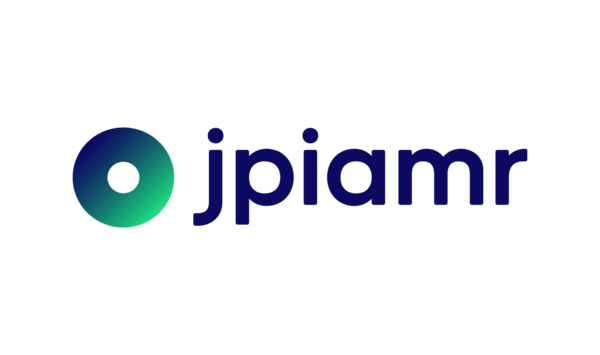Network to improve surveillance
NeWISNational health care infrastructures, health care utilization and patient movements between hospitals
There is a worldwide concern about the emergence, and increasing dissemination, of “high risk” clones of antibiotic resistant bacteria. These usually carry the genetic determinants for multiple drug-resistance and are particularly transmissible in hospitals. Regional, national and international surveillance is considered an important component in a strategy to control further expansion. However, current surveillance systems are not fit for this purpose and there is still no good evidence base for deciding which and how many sentinel sites (e.g. hospitals) should be included in surveillance programs. Previous work has shown that AMR “high risk” clones spread between health care institutions as a result of patient movements. Hospitals thus become connected by patients. Taken together, all connections create a nexus of institutions that can be described as national health care referral networks. Despite their apparent complexity, these networks reveal a simple scaffolding and remarkably consistent properties that lie at the core of national health care infrastructures. These show the typical hallmarks of so called hierarchically distributed networks, with regionality, centrality, scale-freeness and small world properties. Hence a quantitative understanding of the network dynamics offers the means for purpose-designed surveillance and better targeted interventions. The current network initiative supported by JPIAMR and the German Federal Ministry of Education and Research will bring together a critical mass of public health microbiologists, health systems researchers, and social network analysts from Europe and beyond. These experts shall define the data needs, data sources, algorithms and analysis tools with the aim to identify a heuristic optimization approach to sentinel site selection. In this way the current project will provide recommendations for the development of surveillance structures that are more parsimonious, cost- and time saving and provide - through the selection of sampling sites also for genomic surveillance by whole genome sequencing (WGS) - the genetic signatures for early, next generation diagnostics of recently emerging public health threats.
Dr. Tjibbe Donker
Tel +49 761 270-82550
tjibbe.donker@uniklinik-freiburg.de
Medical Center - University of Freiburg
Institute for Infection Prevention and Control
Breisacher Str. 115 B
79106 Freiburg






